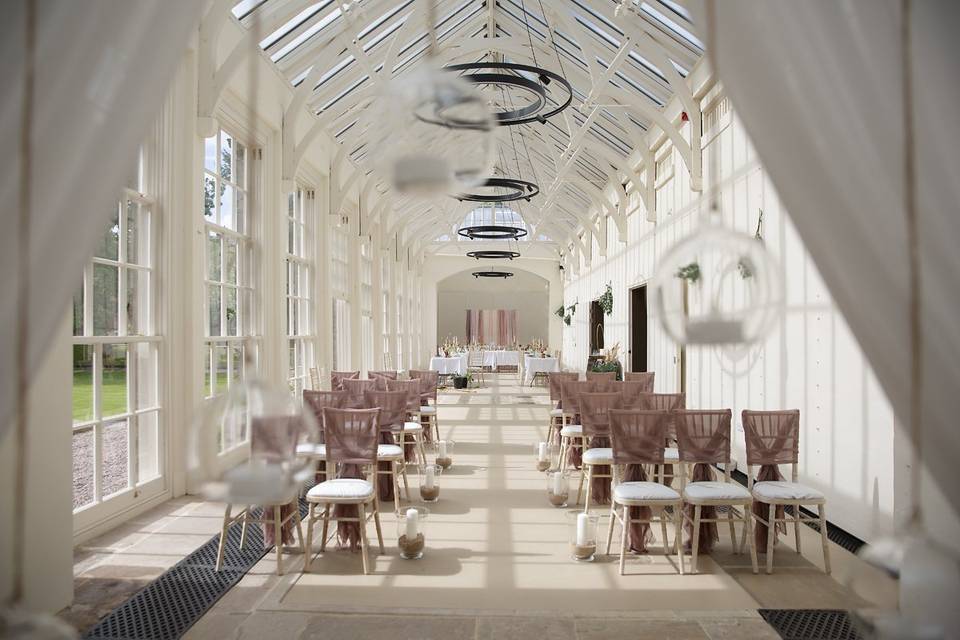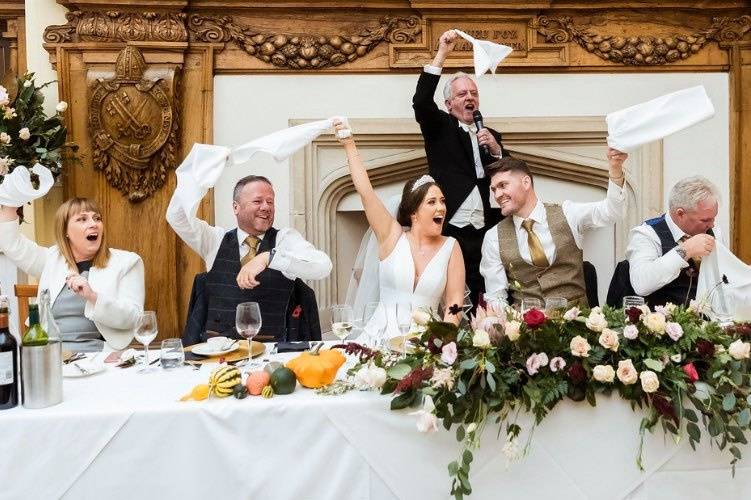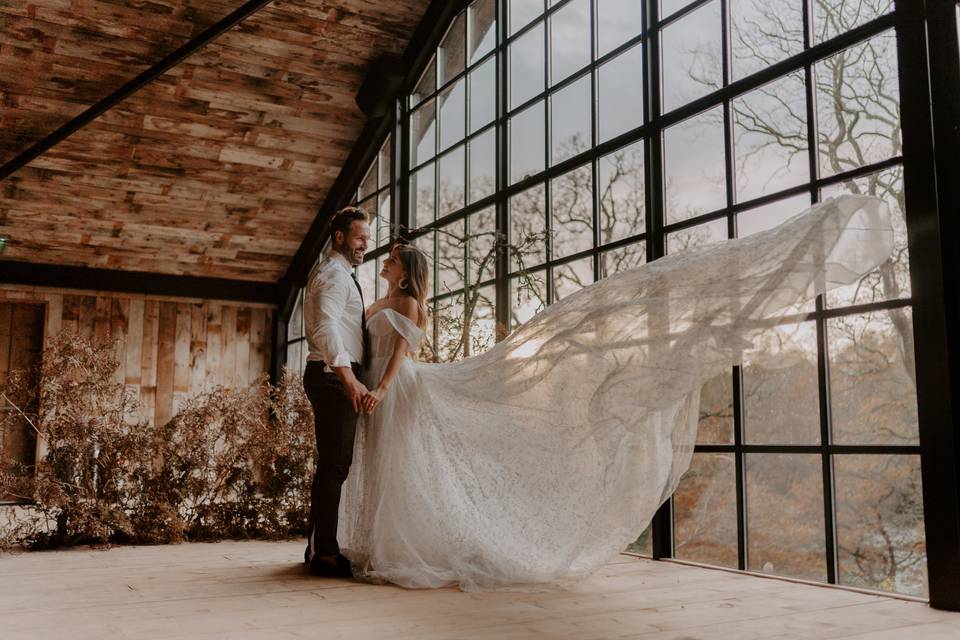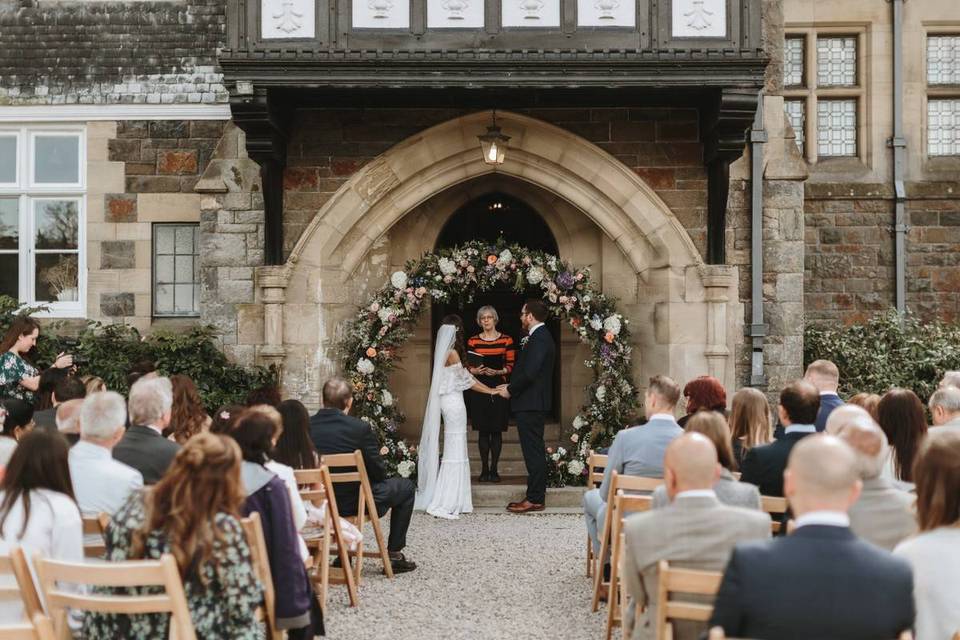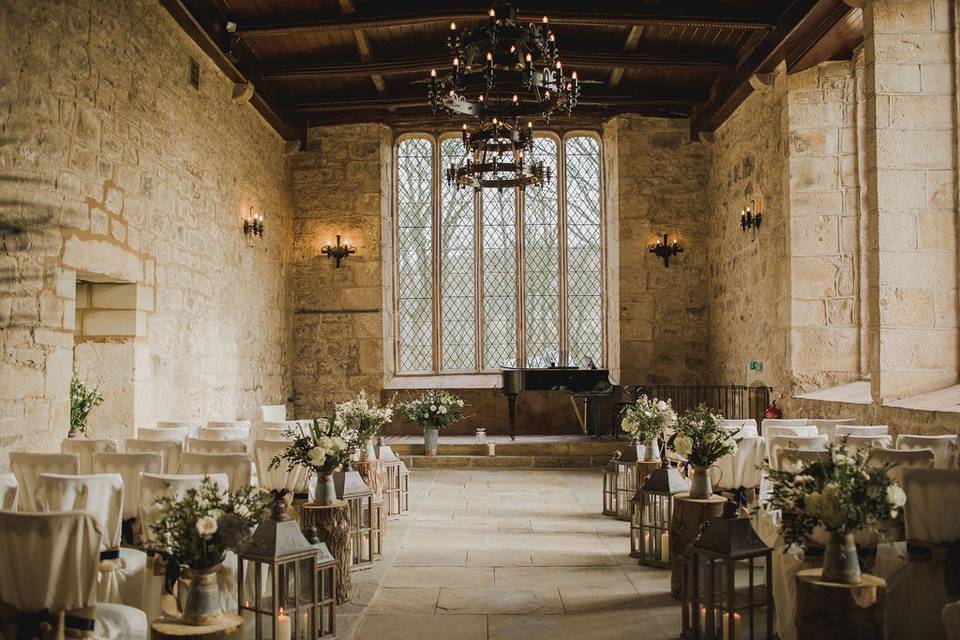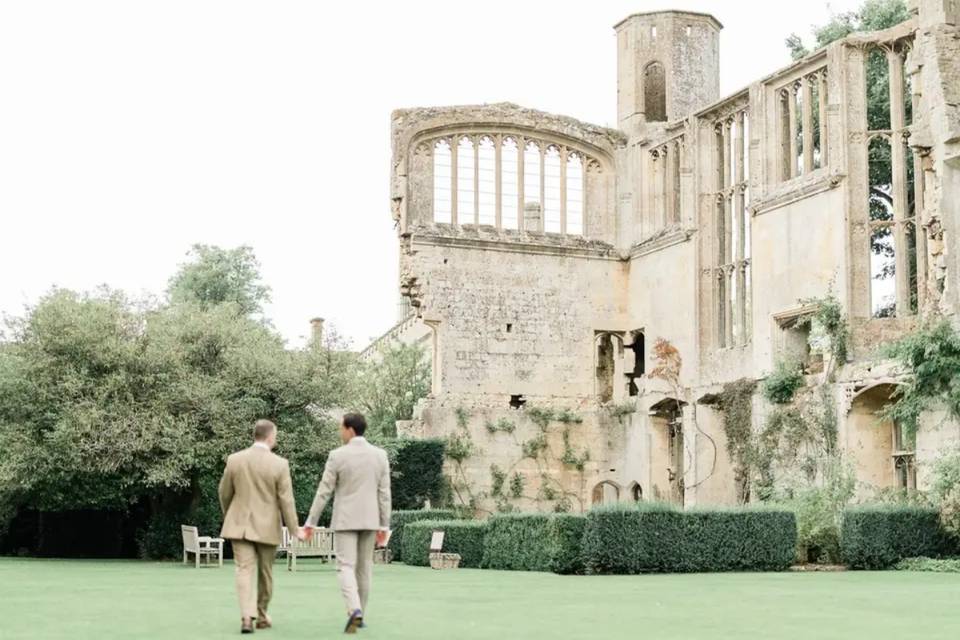What to Expect at a Jewish Wedding: The Ceremony and Traditions Explained
If you’ve been invited to your first Jewish wedding, you’re in for one of the most beautiful, emotional and joy-filled days ever. Here’s everything you need to know.
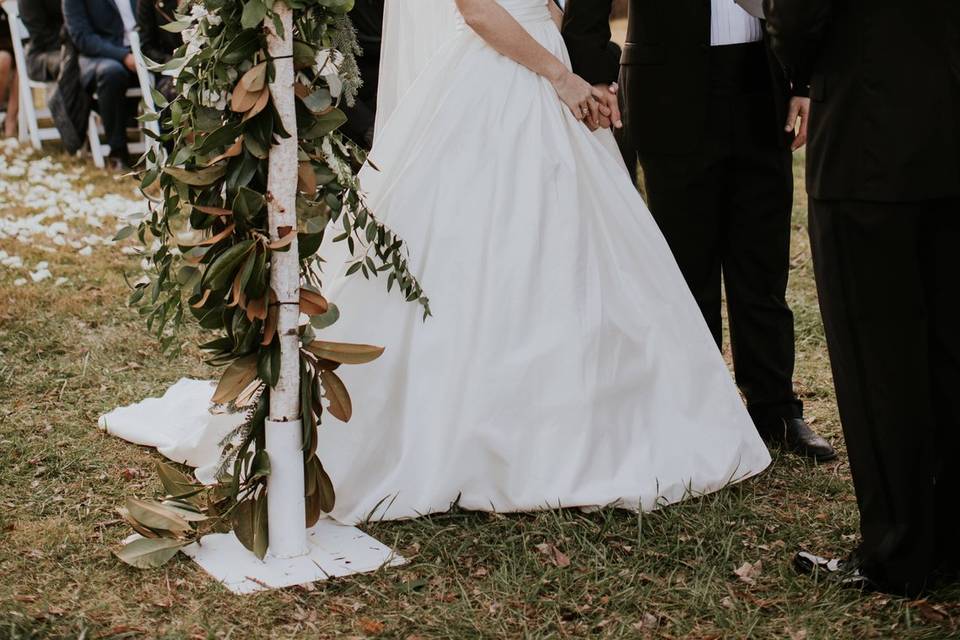
You’ve been invited to your first Jewish wedding – mazel tov! But what does a Jewish wedding day actually involve? Although there are some similarities to the Western weddings you might have been to previously, Jewish weddings have their own customs and traditions. It’s a good idea to take the time to do your research and understand them before you attend.
From what to wear and what the ceremony will look like to what kind of gift to bring, you probably have a lot of questions, as well as a ton of excitement about all of the magical moments you’re about to witness.
We’ve asked destination wedding planner Michelle Jacobs of Elegante By Michelle J to share her expert advice on all things Jewish wedding-related, so you can arrive on the day fully clued up and ready to celebrate with your hosts and their friends and family. Get your dancing shoes ready!
READ MORE
- 49 of the Best Wedding Guest Dresses & Outfits to Shop Now
- 33 of the Most Beautiful Wedding Guest Hairstyles
- 11 Genius Ways to Save Money as a Wedding Guest
What Should I Wear to a Jewish Wedding?
If you’ve been waiting for an opportunity to wear a proper, elegant evening gown, now could be the time.
‘As Jewish weddings are generally evening events, the dress code can be quite formal, but it will always be specified on the wedding invitation,’ says Michelle. ‘Black tie is quite typical, with the men in black dinner suits (which can be hired if you don't own one) and the women in long (or short) evening dresses.
‘More and more weddings, however, are adopting a lounge suit dress code instead of black tie, with the women in party dresses (again, long or short). Day dresses and mother of the bride style attire, however, are not typical for a Jewish wedding.’
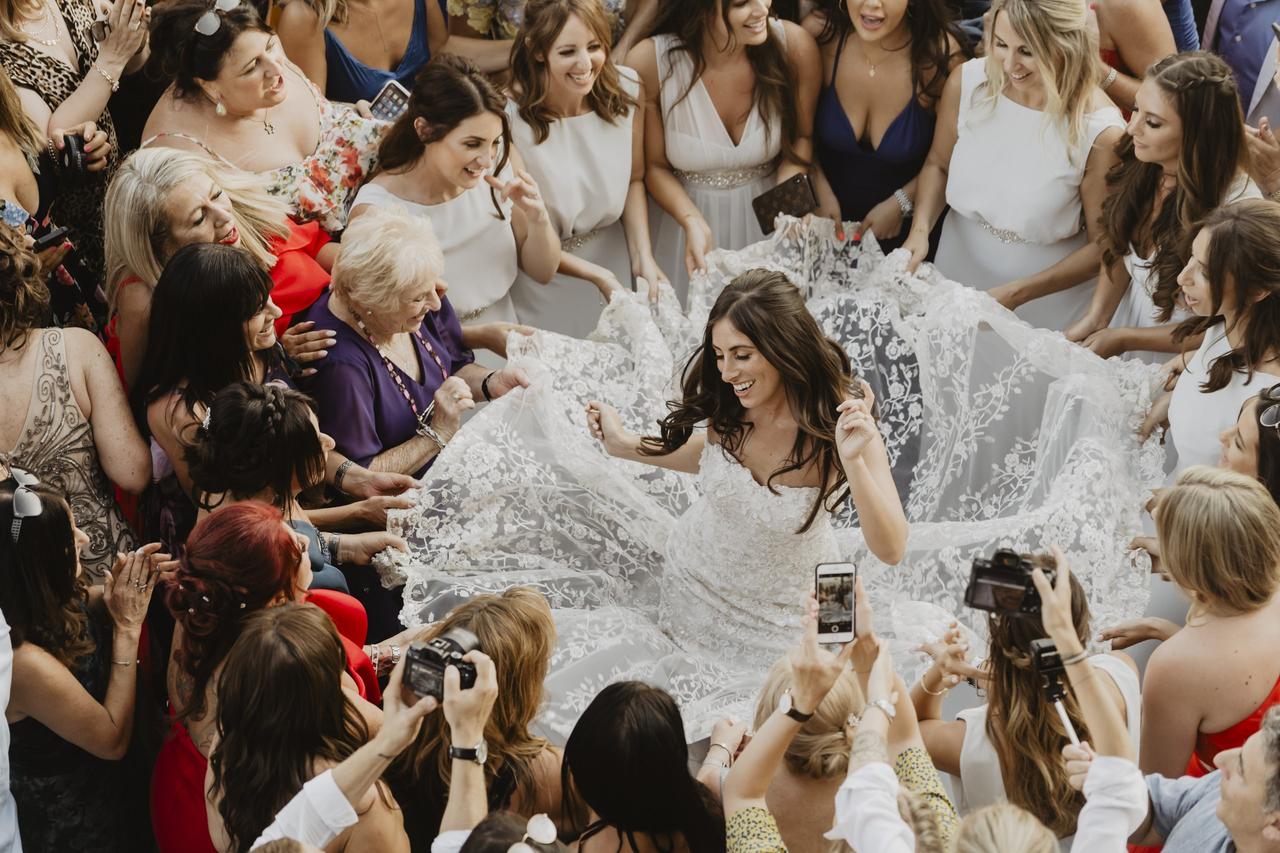
As for whether you should cover up? ‘If it is a very Orthodox wedding, the women should dress conservatively with arms and bodies covered, but if it is not Orthodox there are no issues,’ Michelle explains.
‘However, if the ceremony is taking place in an Orthodox Synagogue (and not at the venue), women may be expected to cover their shoulders, for example with a jacket or shawl, and married women should cover their heads with either a hat or fascinator. It's always best to ask your hosts because it's different for every Synagogue.’
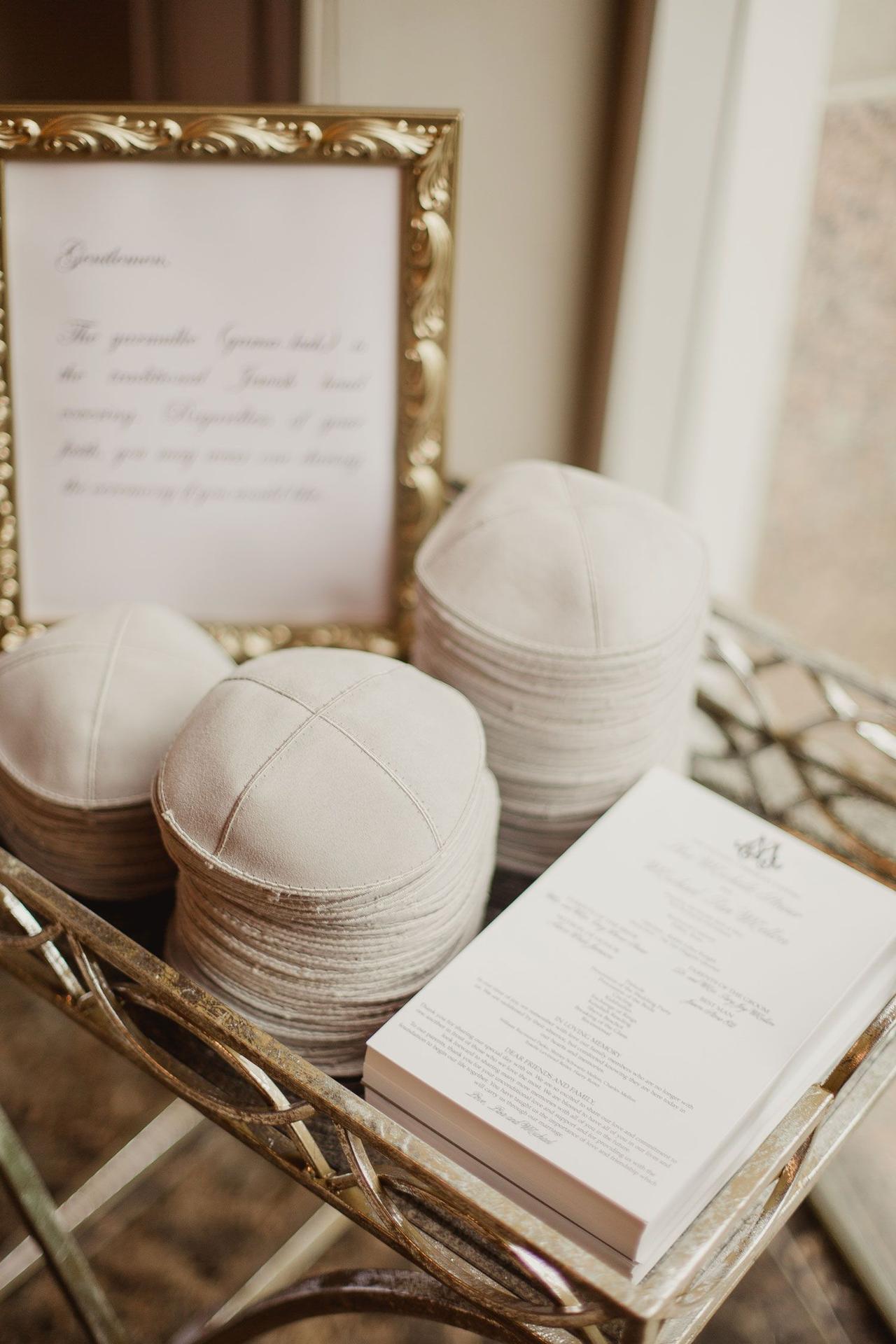
‘Men will be expected to wear a cuppel (a small round head covering) for the ceremony, but it is usual at Jewish weddings to give these out as favours when you arrive for the ceremony.’
Even if the wedding is very formal black tie, don’t bank on being able to switch to your evening wear after the ceremony: ‘There is rarely any opportunity to change between the ceremony and the reception, so the evening attire should be worn from the beginning, wherever the ceremony is taking place,’ Michelle adds.
READ MORE: 53 of the Most Styling Wedding Guest Accessories for 2020
What Is The Typical Running Order of a Jewish Wedding?
If you’ve already got the invite, you probably know this already, but a Jewish wedding will usually take place on a Sunday, because Saturday is the Sabbath. ‘They are very much evening affairs, with the ceremony (which we call the “chuppah") starting late afternoon, going into the reception, then dinner with dancing,’ says Michelle.
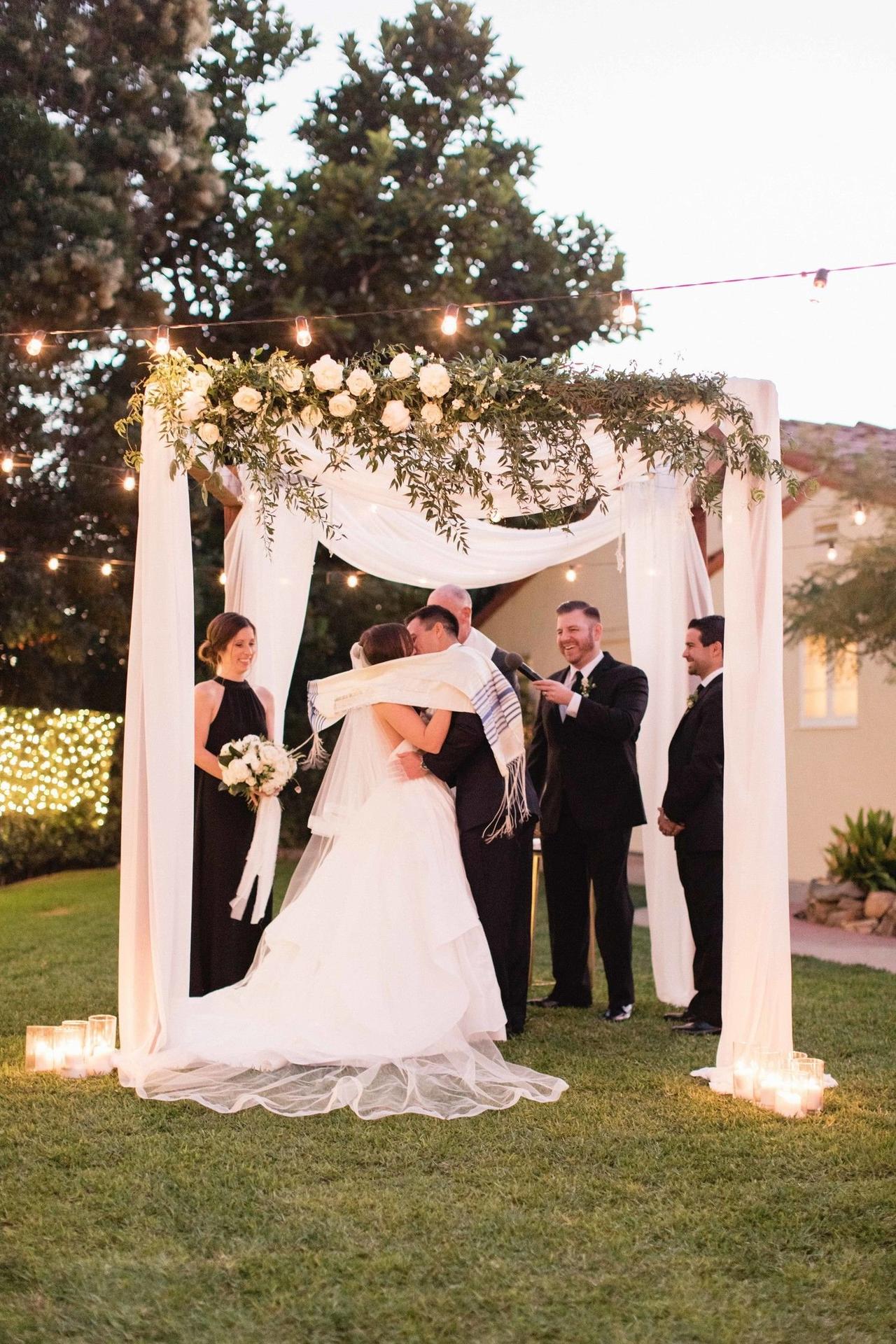
The term chuppah means canopy, because all couples marry under a structure made of four posts and a canopy.
‘It signifies their future home,’ Michelle explains. ‘It can be as simple as four undecorated posts and a sheet on top, but more usually couples take the opportunity to design a beautiful chuppah which their florist will decorate. Under the chuppah with them will be their parents and grandparents, as well as the Rabbi, who is the officiant, and the Chazan, who is the singer. Expect to hear some beautiful Hebrew singing before and during the wedding ceremony.
‘At the end of the ceremony, the groom is invited to "smash the glass", which is a reminder that not all occasions are joyous, but this is a joyous moment and following the smashing the glass all of the guests erupt into applause and song. Don't be surprised to hear everyone shouting out ‘mazel tov’, which means congratulations.’
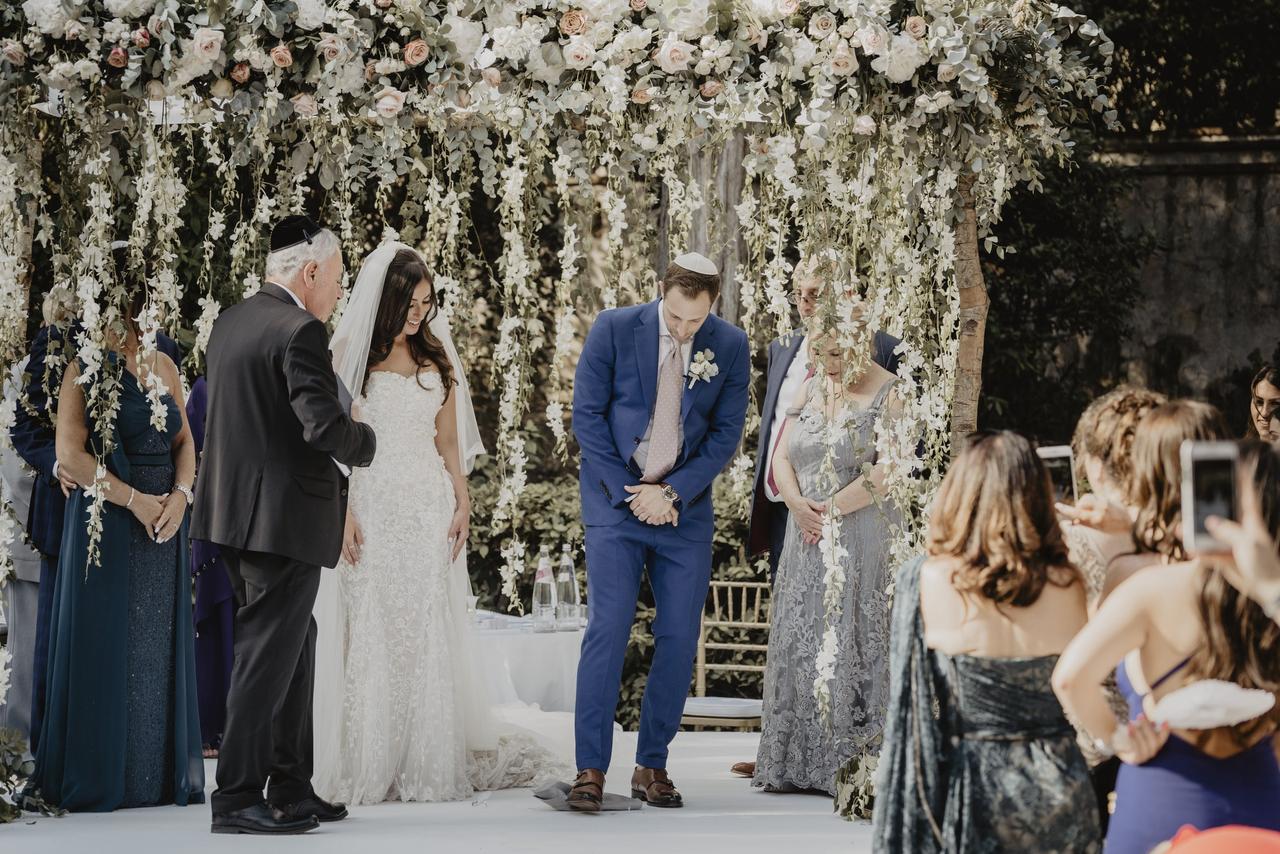
After the ceremony, Michelle describes Jewish weddings as ‘one big party’, with lots of joy and celebration, so get involved! ‘We dance before, during and after dinner – with dancing and speeches between courses – so don't expect dinner to end until around 10.30pm, and then we finish the event with dancing until the end, which is usually around midnight. The band will be on the stage throughout most of the event.
‘We start with Israeli dancing, which takes place immediately following the couple's entrance into the ballroom. If you have never seen Israeli dancing, do try to participate as it's great fun and not very difficult,’ says Michelle.
‘Put simply, we just go round and round in circles, the men and women separately. The bride and groom get hoisted up onto chairs (this is known as the horah) and often the groom will be thrown around on a large sheet.’
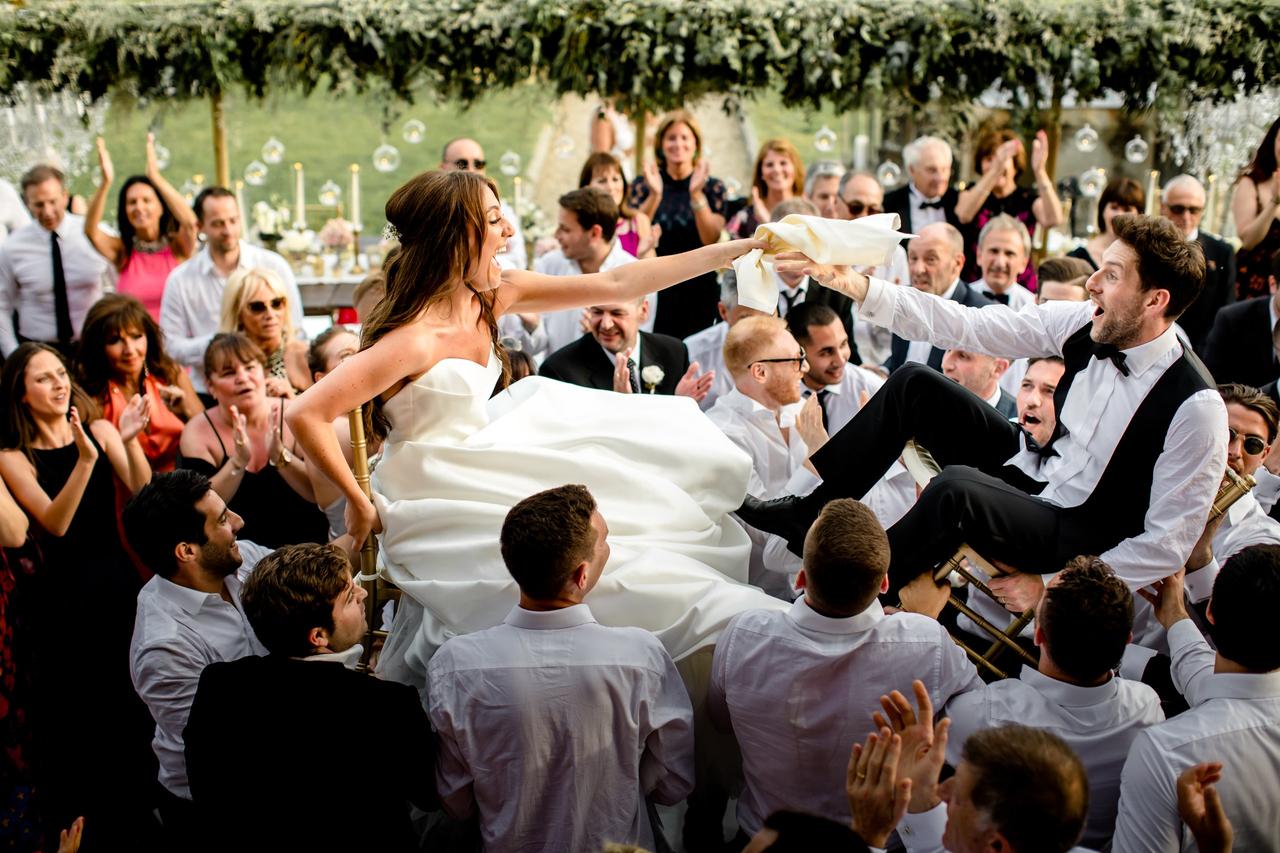
Following the Israeli dancing, guests sit down for dinner, but prior to the first course, the father of the bride will usually make a welcome speech. ‘If it is a more Orthodox wedding, there will also be a (very) short prayer called Hamotzei (which is a prayer over bread),’ Michelle notes.
‘There may also be Grace After Meals and Marriage Blessings (called Sheva Brochot) which will take place after the dinner whilst you are all still seated at the dinner tables.
‘The best man and groom make speeches as you would expect, and it varies from wedding to wedding whether or not there are other speeches and toasts as well. Sometimes the bride may also speak during dinner, but more often the bride is invited to say a few final words at the end of the night and immediately prior to the last dance.’
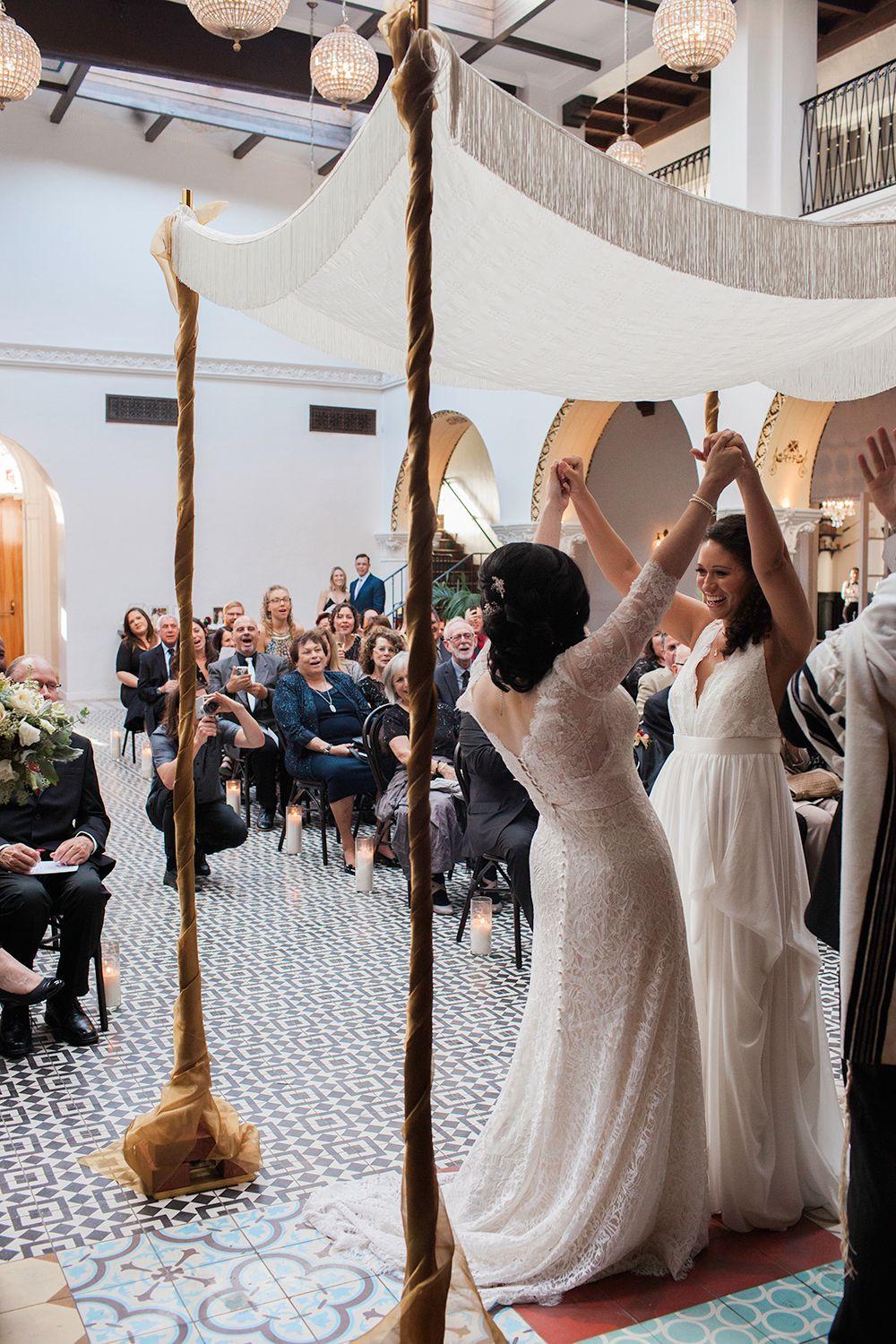
If you’re attending with a partner, you might not sit together for the festivities: ‘If it is a very Orthodox wedding, men and women may be seated separately at dinner, but this is typically only for very observant families,’ says Michelle.
‘On the other hand, you are more likely to find that men and women are seated separately for the ceremony. Watch out for this as you arrive – or ask beforehand.’
READ MORE: Wedding Traditions and Their Meanings: 15 Things You Never Knew About Weddings
What Jewish Wedding Traditions Should I Be Aware Of? And Do I Take Part In Any of Them?
Regardless of your relationship with the couple, you will definitely be encouraged to participate in the Israeli dancing! And if you are a close friend and part of the bride's or groom's parties, you may also be included in their pre-wedding traditions.
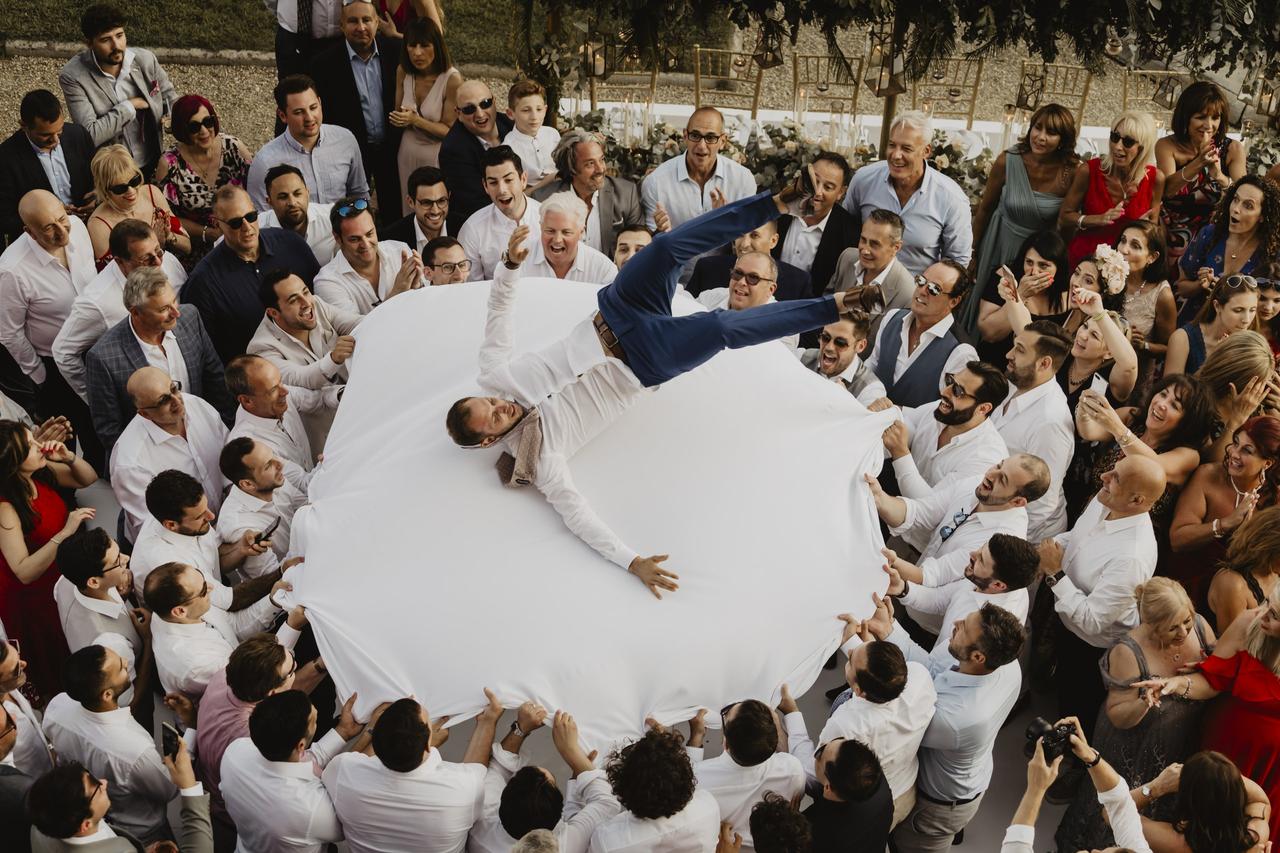
‘For the groom, there will often be a Tisch; this is a pre-wedding drink (usually whisky) for the groom's party, attended by the Rabbi and where the marriage contract (known as the Ketubah) is signed by the groom and two Orthodox Jewish witnesses,’ Michelle details. ‘There is usually singing (and dancing) during the Tisch.
‘Following the Tisch, the Bedeken takes place. The groom will be taken by his father, best man and Rabbi to see the bride who will be in a small, beautifully-decorated room with her mother and bridal party. Here there will be a short blessing and the groom will be invited to bring the bride's veil over her face. This is a very emotional ceremony and it is always a privilege to be included, so if you are a bridesmaid at a Jewish wedding you can look forward to witnessing this very special moment – the groom's first look.’
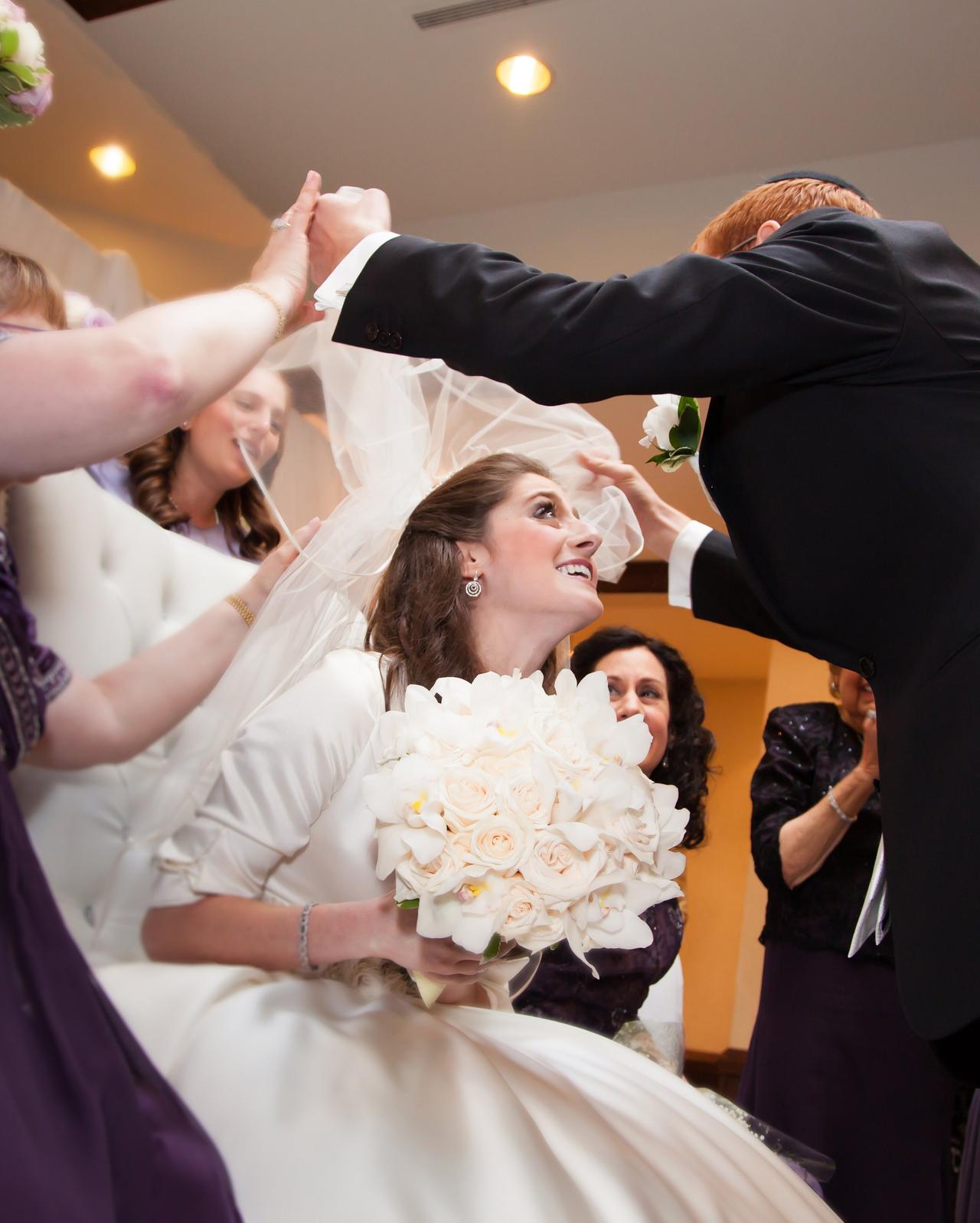
‘However, that said, more and more couples are opting for a public Bedeken, which takes place on the aisle during the bridal procession. In this scenario, all of the guests get to witness the groom's first look.’
What Is the Reception Like at a Jewish Wedding?
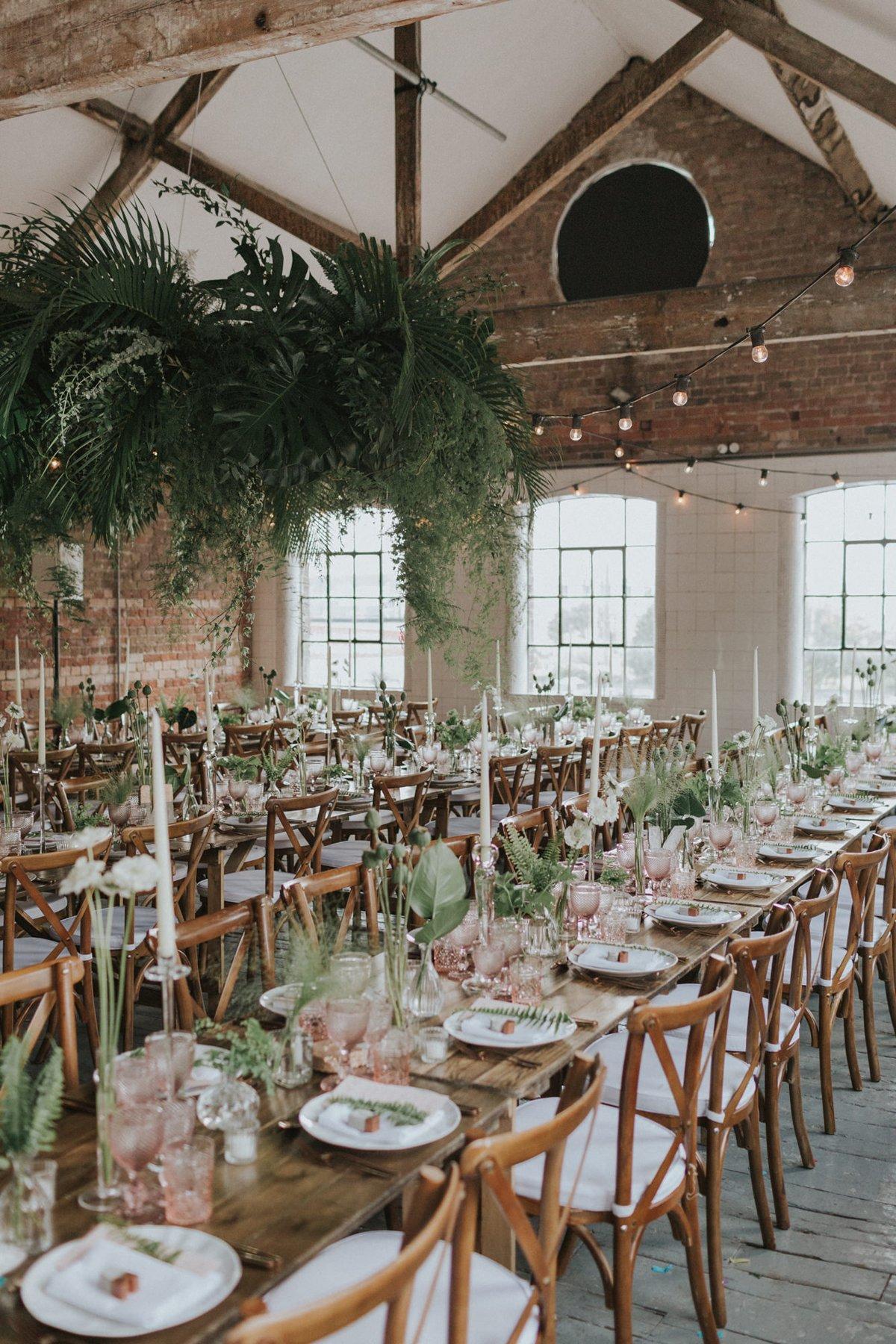
According to Michelle, the reception probably won’t be too different to weddings you’ve been to before. ‘We start with a drinks reception where we serve drinks and canapes; usually at a Jewish wedding you will be offered cocktails and spirits as well as Prosecco, and the norm is an open bar, often throughout the entire event.
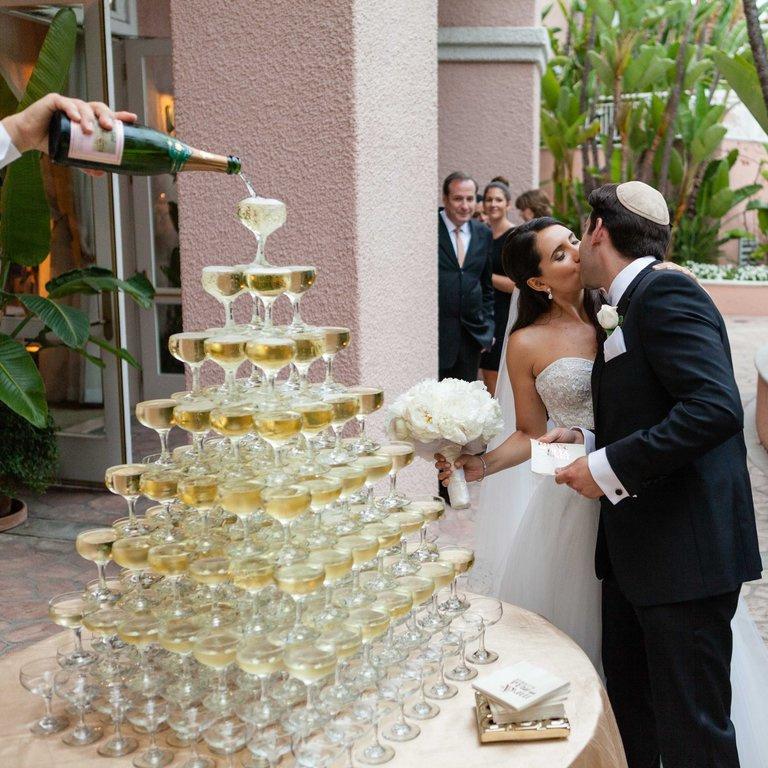
‘Dinner will be set up formally with tables arranged around a stage and dance floor; there will be a seating plan so do look out for this during the drinks reception.’
READ MORE: 19 Alternative Food and Drink Ideas for Couples Looking for Something Different
What Type of Food Is Served at a Jewish Wedding?
Come hungry; food is very important at a Jewish wedding, and there’ll be plenty of it.
‘We start with a lavish canape reception and then a delicious three-course meal,’ says Michelle.
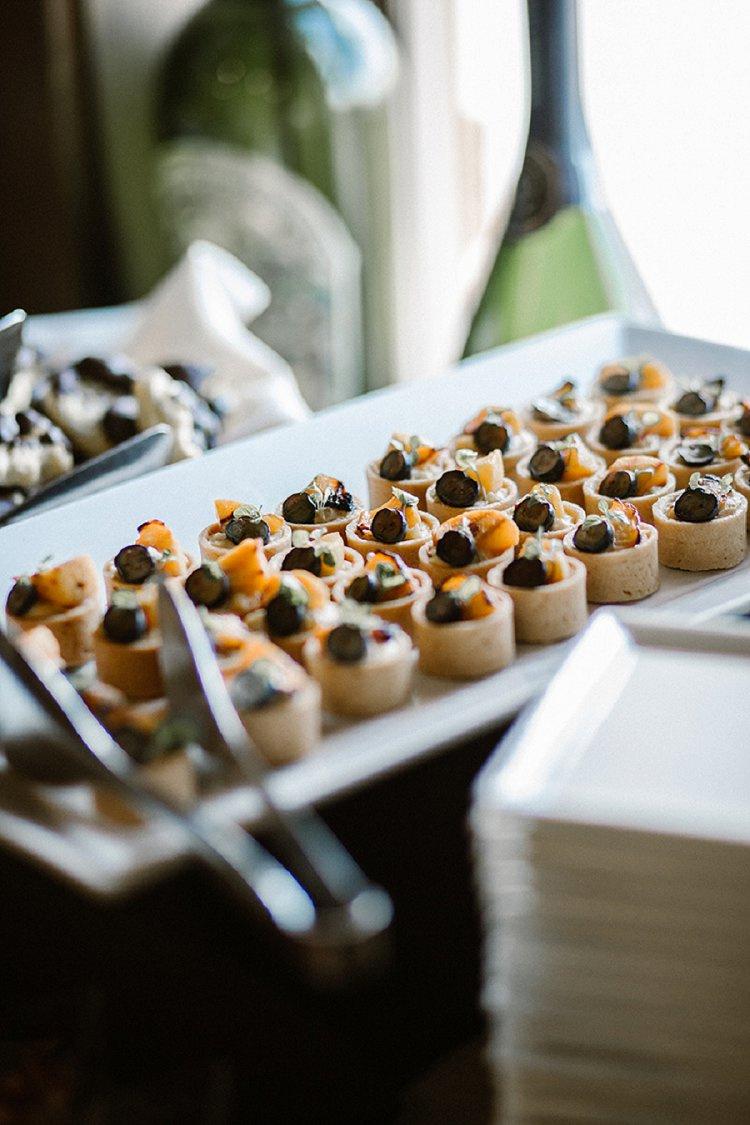
‘Often the catering will be kosher and you should definitely not expect any non-kosher items such as shellfish, pork, ham etc, but it will be a recognisable menu. If the couple have not opted to use a kosher caterer, they may not serve any meat in order not to offend any of the more observant guests. If this is the case your main course is likely to be fish.’
What Type of Gift Should I Give at a Jewish Wedding?
‘The couple are likely to have a gift list, which will be mentioned with their wedding invitation,’ Michelle advises. ‘But this is not always the case and a gift of money is considered more than acceptable, in fact, is often the norm.
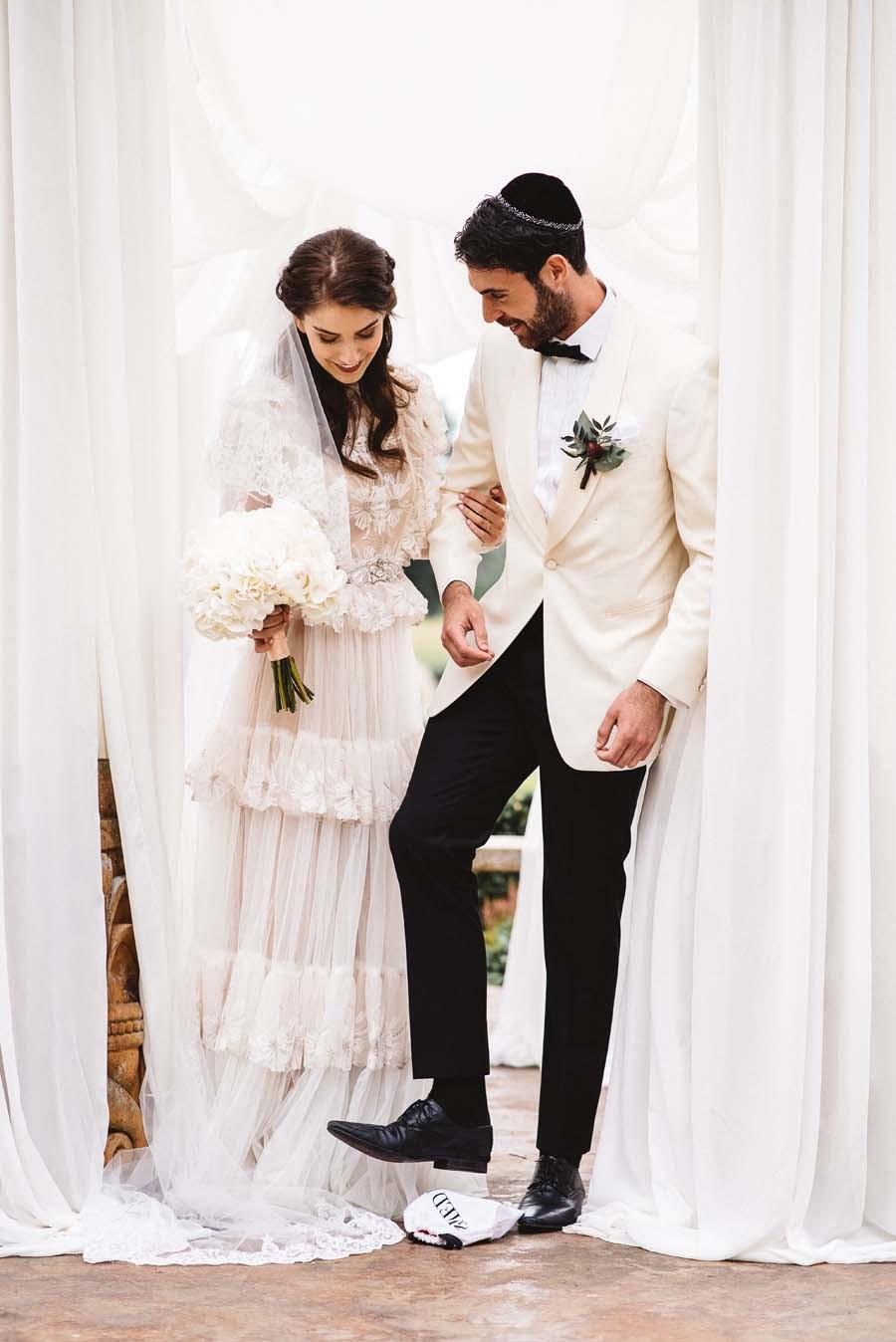
‘Feel free to give what you can afford, and don't feel pressured to give more. If you are giving money, a cheque is preferable to cash for security reasons and feel free to send (or give) this in advance of the wedding to the couple.
'Historically, Jewish couples would expect to receive visitors in the weeks leading up to their wedding. These visitors would be bringing their wedding gifts in advance of attending the wedding. This is less of a tradition now, but you should bear in mind that we don't tend to include a gift table so gifts brought on the day will either be stored by the cloakroom staff or handed over directly to the couple, their parents or the ushers.’
Is It Okay to Take Pictures at a Jewish Wedding?
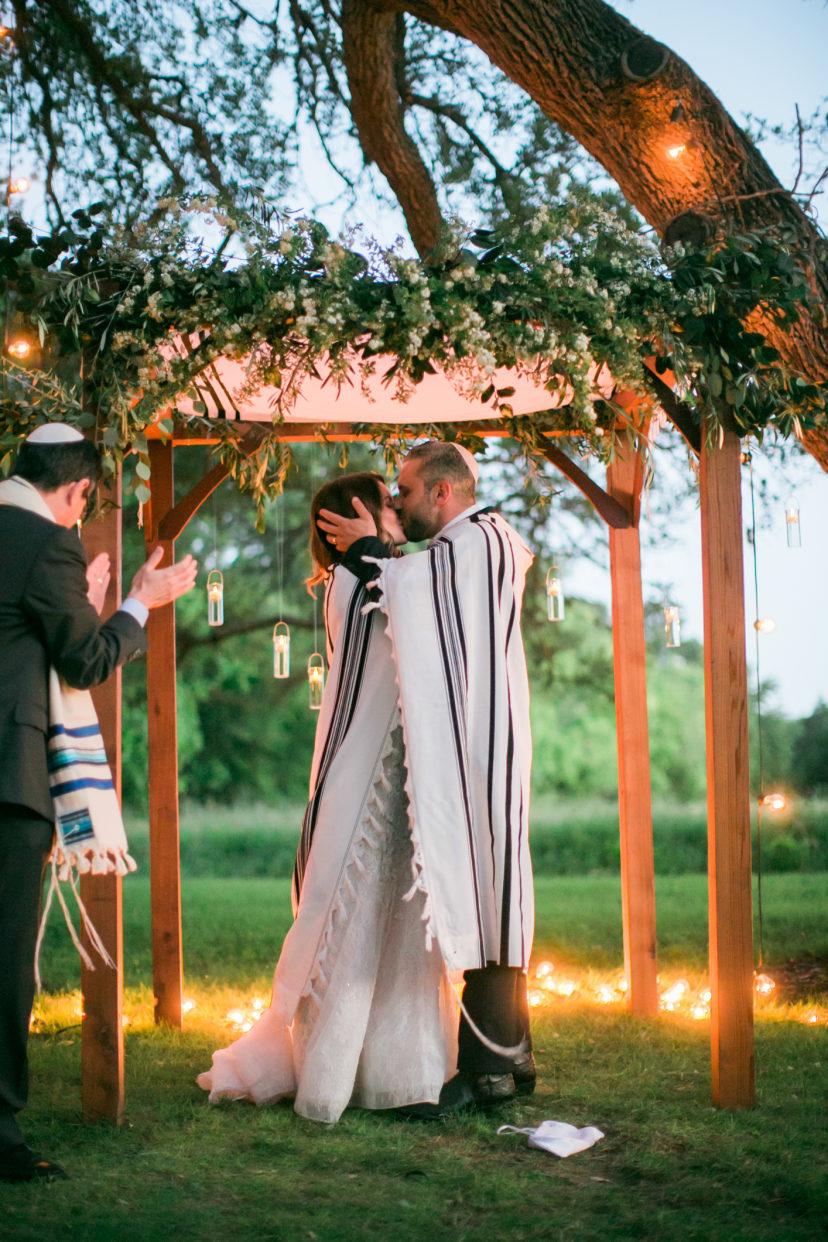
On a day this gorgeous, you’ll want to capture every moment – Michelle says go for it, but be considerate with your snapping.
‘It is more than okay to take photos, but bear in mind there will always be official photographers so try not to get in their way,’ she concludes. ‘Check with your hosts if they are happy for you to take photographs and to post them on social media, as they may or may not want this.’
Deciding what to write in your card to the happy couple? Check out our guide to the best things to write in a wedding card.

